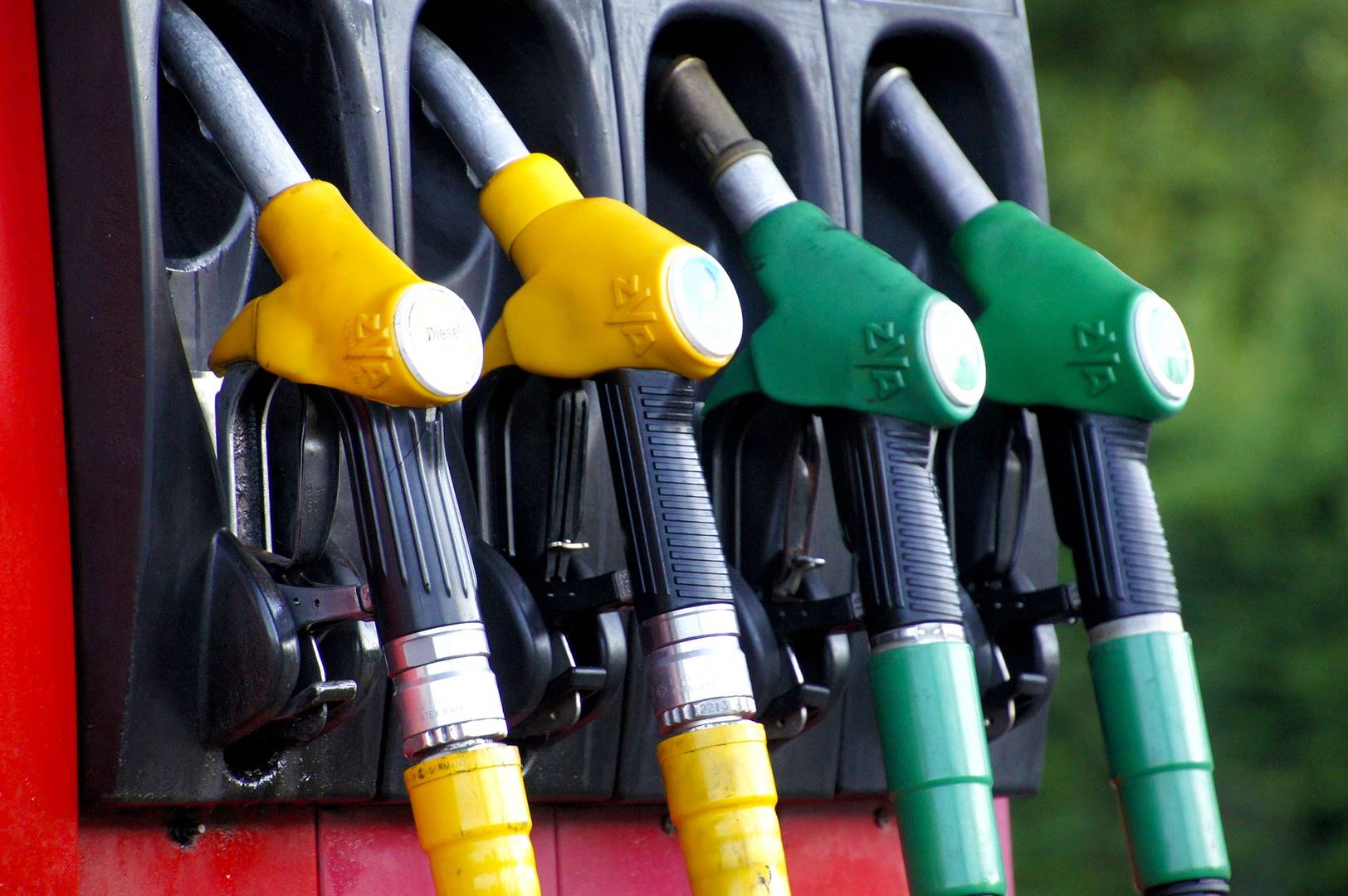UK puts army on standby as fuel pumps run dry
- Get link
- X
- Other Apps


Britain on Monday put the army on standby to help with the ongoing fuel crisis as fears over tanker driver shortages led to panic buying, leaving many of the country's pumps dry.
"Limited number of military tanker drivers to be put on a state of readiness and deployed if necessary to further stabilise fuel supply chain," the Department for Business, Energy & Industrial Strategy said in a statement issued late on Monday.
Desperate motorists queued up at fuel pumps across Britain, draining tanks, fraying tempers and prompting calls for the government to use emergency powers to give priority access to healthcare and other essential workers.
The government says a lack of tanker drivers to deliver fuel and unprecedented demand is behind the crisis.
The military drivers will receive specialised training before deploying if the crisis does not ease in the coming days.
"While the fuel industry expects demand will return to its normal levels in the coming days, it's right that we take this sensible, precautionary step," said Business Secretary Kwasi Kwarteng.
"If required, the deployment of military personnel will provide the supply chain with additional capacity as a temporary measure to help ease pressures caused by spikes in localised demand for fuel," he added.
The government has already made a drastic U-turn on tighter post-Brexit immigration policy, offering short-term visa waivers to foreign truckers to help plug the shortfall.
Fuel operators, including Shell, BP and Esso, said there was "plenty of fuel at UK refineries" and expected demand to return to normal levels in days, easing pressure.
"We would encourage everyone to buy fuel as they usually would," they added in a joint statement.
But long queues were seen outside filling stations, even overnight, frustrating drivers and stoking concern about the effects on the wider economy.
"People are desperate. If I don't get petrol now, I can't get work anymore," one driver, David Hart, told AFP as he queued at a garage in London after a fruitless search at the weekend.
Britain's biggest public sector union, Unison, said key workers, including doctors, nurses, teachers and police staff, should be given priority access rather than having to wait in line.
"The government could solve this problem now by using emergency powers to designate fuel stations for the sole use of key workers," said general secretary Christina McAnea.
Medical bodies have already said some healthcare staff have struggled to get to work, while schools have warned that online teaching could resume if teachers are unable to reach their classrooms.
The Petrol Retailers Association said almost half of the UK's 8,000 fuel pumps had run out of petrol on Sunday, blaming "panic-buying, pure and simple" for the issue.
Critics blame government inaction on tackling shortages of lorry drivers after Britain's departure from the European Union in January and the pandemic, which saw many foreign truckers leave the country.
As well as fuel deliveries, the shortage has led to empty supermarket shelves and raised fears about deliveries of food and toys for Christmas.
Germany's weekend election winner Olaf Scholz linked the problems directly to Brexit and said low wages in the sector could make the job less appealing.
"We worked hard to convince the British not to leave the union," Scholz said.
The situation has evoked the dark days of the 1970s, when energy supply problems led to a three-day working week and fuel rationing in Britain.
It is reminiscent also of late 2000, when people protesting over high fuel prices blockaded oil refineries, bringing the country to a virtual standstill for weeks.
The government called for calm and urged people to buy petrol as normal.
The government, which campaigned during Brexit for an end to European free movement, is banking on a short-term visa waiver to plug the gap in drivers, which it says is a Europe-wide problem.
It said on Saturday it will issue up to 10,500 temporary work visas from next month to December 24 to lorry drivers and poultry workers to ease chronic staff shortages.
The head of the British Poultry Council, Richard Griffiths, welcomed the move but warned it could be too little, too late to avert food shortages.
More videos


Oil giant BP temporarily closes forecourts in Britain due to shortage of lorry drivers


Oil giant BP temporarily closes forecourts in Britain due to shortage of lorry drivers


Lack of HGV drivers causes fuel shortage at petrol stations


Fight breaks out at fuel pumps as petrol stations run dry


Fight breaks out at fuel pumps as petrol stations run dry


Fuel fears spark panic buying at UK gas stations


German Chancellery candidate Scholz arrives at Elysée Palace


U.K. gasoline shortage blamed on Brexit, pandemic


Kenyans voice fury over fuel price hike after subsidies end


Germany, China pledge deeper financial cooperation


Who is Olaf Scholz? | Euronews German election guide 2021


Who is Olaf Scholz? | Euronews German election guide 2021


Germany's SDP candidate Olaf Scholz holds last rally ahead of country's elections


London drivers feel the pinch as gas stations run dry


Uncertain Start To Post-Merkel Era After Close German Vote


German vote result shows conservatives belong in opposition: SPD's Olaf Scholz
"Supply chains are not something that can be simply switched on and off, so plans for production are already well under way and the necessary cutbacks due to ongoing labour shortages have already been made," he added.









Comments
Post a Comment